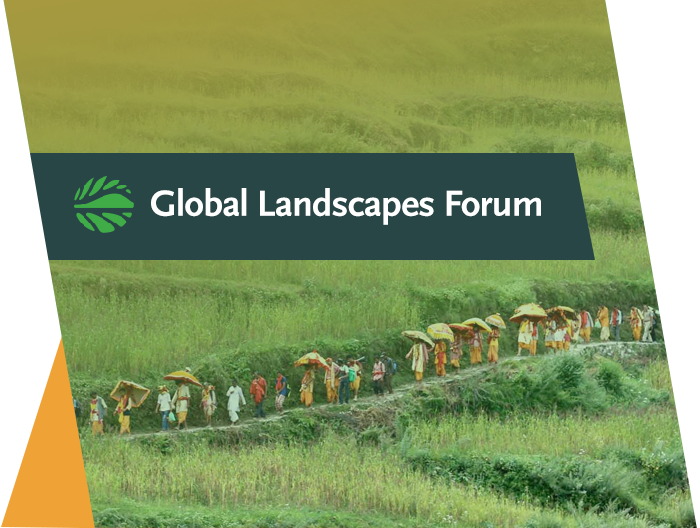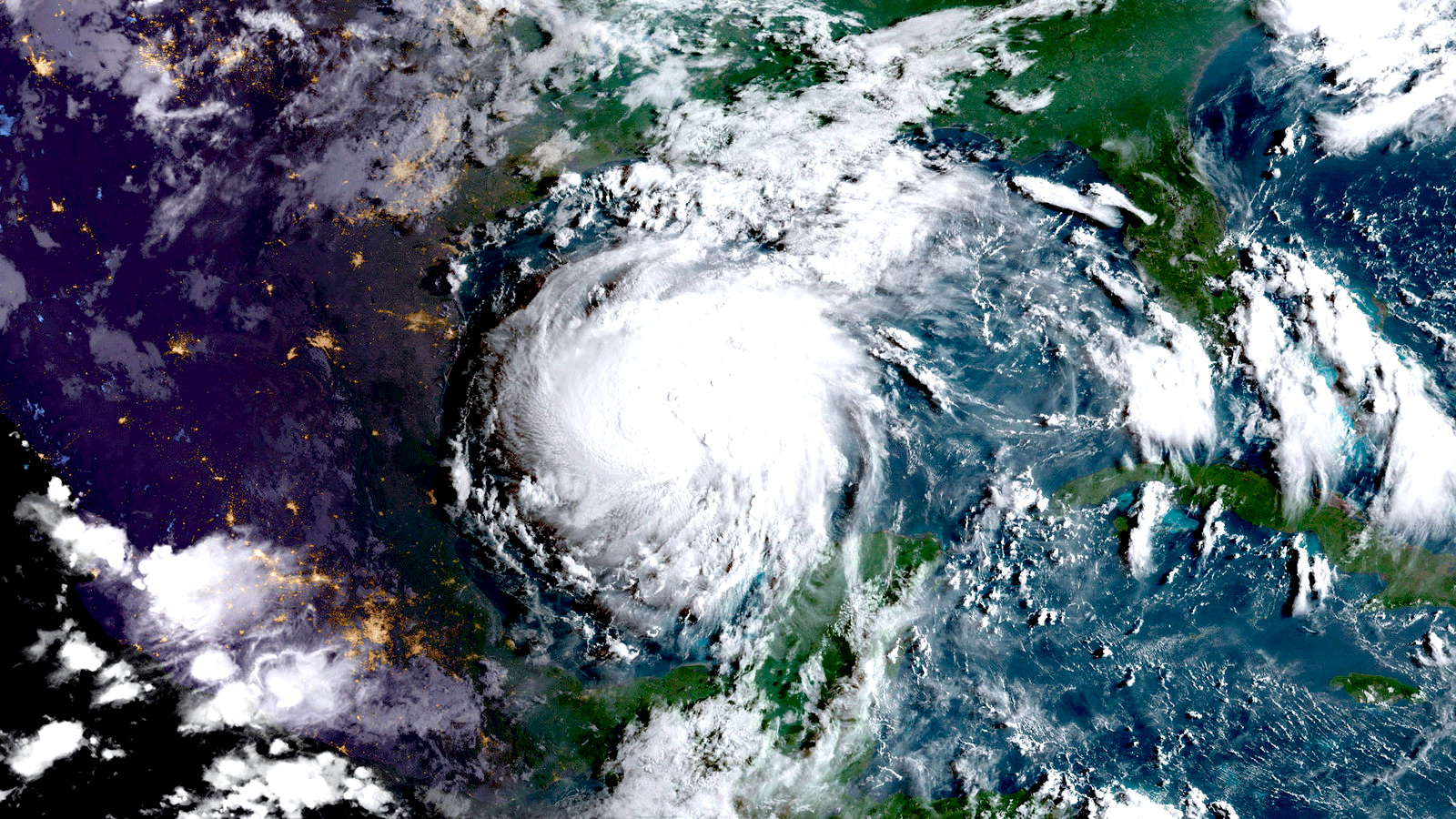A commonly held view is that water is transpired from trees and lost from the landscape. But research now shows that this water, rather than disappearing, falls back as rain, either over the same area or elsewhere, in a process dubbed ‘rainfall recycling’.
A discussion forum at the recent Global Landscapes Forum in Bonn, Germany, examined the role of forests in regulating the water cycle and looked at research that suggests vegetation plays a critical role in the frequency and intensity of rainfall. It also explored how this can affect landscape restoration, water management and climate change adaptation.
“Forests have been long known for having very important influences on climate change through, mainly, the carbon cycle,” said Vincent Gitz, Director of the CGIAR Research Program on Forests, Trees and Agroforestry (FTA), who moderated part of the discussion. “What these findings tell us now is that we will need to consider the role of forests on the water cycle, and then the effects on local, regional and continental climates.”
Following the discussion, Forests News spoke with Gitz about this holistic view of the water cycle, the potential implications of the research on policy and action, as well as FTA’s role as a research-for-development partnership.
This topic was discussed as part of a session titled ‘Rainfall Recycling’ as a Landscape Function: Connecting SDGs 6, 13 and 15’, hosted by the International Union of Forest Research Organizations and FTA, a CGIAR Program led by the Center for International Forestry Research.
What is FTA’s role in research for development?
The CGIAR Research Program on Forests, Trees and Agroforestry is the largest research-for-development partnership to tackle the important issues of the contribution of forests, trees and agroforestry to sustainable development, climate change, addressing food security and working toward sustainable landscapes.
‘Landscape’ is a very wide concept. FTA science encompasses work from genetic resources to livelihoods, value chains, and impacts – including wide, large-scale impacts such as climate change – and how they all interact altogether in a landscape. FTA brings research in development, meaning research that is done with development actors and embedded into development programs, taking into account the needs and the expectations of stakeholders and integrating them in the research being carried forward.
FTA, being a global partnership, brings solutions that are suited to different kinds of situations across the world. And it bridges the world of research and the world of development actors for the cogeneration of science and solutions.
How was FTA involved in GLF Bonn 2017?
FTA provides science and knowledge and an evidence base to discussions between stakeholders here at the GLF on sometimes very difficult issues or very controversial issues. Here at this GLF in Bonn we emphasize three main topics.
The first one is the role of forests and trees in the water cycle, which we call the new science of ‘rainfall recycling’. The second one is about forest landscape restoration and providing a set of solutions to understand what tree to plant where, in which context, and also how agroforestry can help land restoration and promote food security at the same time. The last point is about finance and how finance actors and investments can orient the way value chains impact landscapes, toward sustainable landscapes.
What outcomes did you see from FTA’s discussion forum at GLF?
The discussion managed to bring stakeholders and policymakers up to date with the latest scientific findings on rainfall recycling, so that they could first learn from the new science but also consider how these elements can be taken on board in the different institutional frameworks they are dealing with, be it water management, forest management or land management.
Vegetation has been known for some time to influence the terrestrial water cycle on the ground – precipitation translating to runoff, the issues of flood control, etc. What is less known is that vegetation and land cover influence the atmospheric part of the water cycle, meaning that there is a kind of a paradigm shift from a situation where trees and forests matter for water-basin management to a situation where trees and forests matter for the management of rainfall at different scales.
It is a different perception of how water is being produced and consumed in an ecosystem and how we can better manage ecosystems for providing water resources to agriculture for climate change adaptation.
What are the implications of these new scientific insights on climate, land, water, and related policies and actions?
These insights may have important implications for either climate policies, land policies or water policies. Forests have long been known to have very important influences on climate change through, mainly, the carbon cycle. What these findings tell us now is that we will need to consider the role of forests on the water cycle, and then the effects on local, regional and continental climates.
These kinds of discussions at the GLF are important because they help, first, different stakeholders understand the different perspectives on the technical issue, and then also share views and their concerns and expectations amongst themselves.
And one other important point in the GLF is that it is not a formal negotiation forum. So it enables us to distill new ideas, bring innovations to the table, that can then be matured, honed and brought up into other more formal kinds of platforms, either at national level, with government, or at international level, such as at international conventions.
We want you to share Forests News content, which is licensed under Creative Commons Attribution-NonCommercial-ShareAlike 4.0 International (CC BY-NC-SA 4.0). This means you are free to redistribute our material for non-commercial purposes. All we ask is that you give Forests News appropriate credit and link to the original Forests News content, indicate if changes were made, and distribute your contributions under the same Creative Commons license. You must notify Forests News if you repost, reprint or reuse our materials by contacting forestsnews@cifor-icraf.org.


